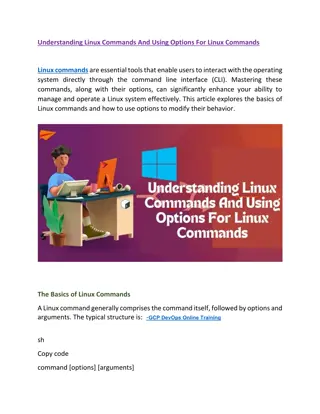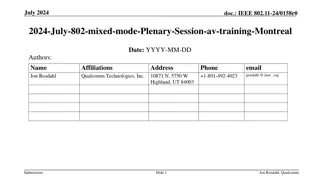
Understanding Consent in International Criminal Law
Explore the evolving definition of rape in international criminal law, where lack of consent is recognized as the essential element. Learn how taking advantage of coercive circumstances for sexual acts is punishable, even without the use of force. Discover how the victim's voluntary consent is crucial, assessed within the surrounding context.(Word count: 44)
Download Presentation

Please find below an Image/Link to download the presentation.
The content on the website is provided AS IS for your information and personal use only. It may not be sold, licensed, or shared on other websites without obtaining consent from the author. If you encounter any issues during the download, it is possible that the publisher has removed the file from their server.
You are allowed to download the files provided on this website for personal or commercial use, subject to the condition that they are used lawfully. All files are the property of their respective owners.
The content on the website is provided AS IS for your information and personal use only. It may not be sold, licensed, or shared on other websites without obtaining consent from the author.
E N D
Presentation Transcript
European Court of Human Rights M.C. v. Bulgaria, Judgment 163. In international criminal law, it has recently been recognised that force is not an element of rape and that taking advantage of coercive circumstances to proceed with sexual acts is also punishable. The International Criminal Tribunal for the former Yugoslavia has found that, in international criminal law, any sexual penetration without the victim's consent constitutes rape and that consent must be given voluntarily, as a result of the person's free will, assessed in the context of the surrounding circumstances (see paragraphs 102-07 above). While the above definition was formulated in the particular context of rapes committed against the population in the conditions of an armed conflict, it also reflects a universal trend towards regarding lack of consent as the essential element of rape and sexual abuse.






















